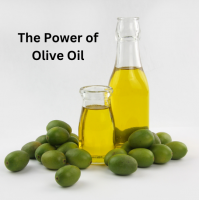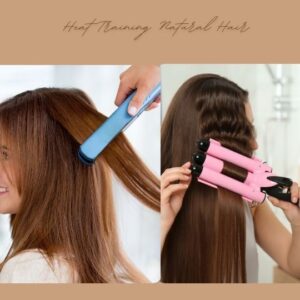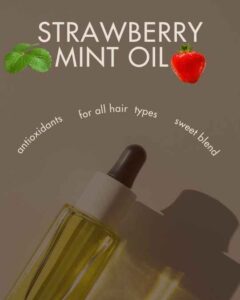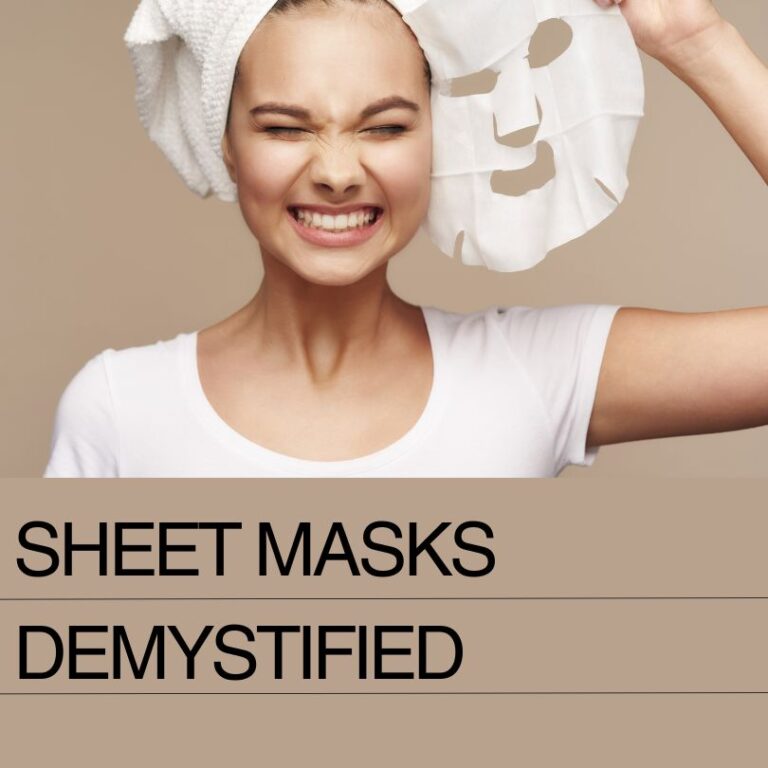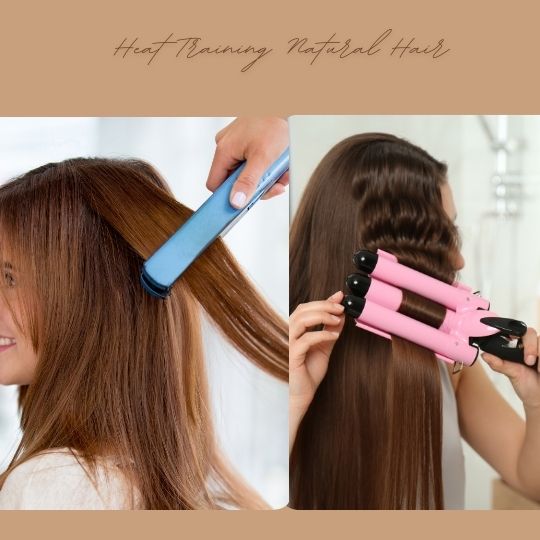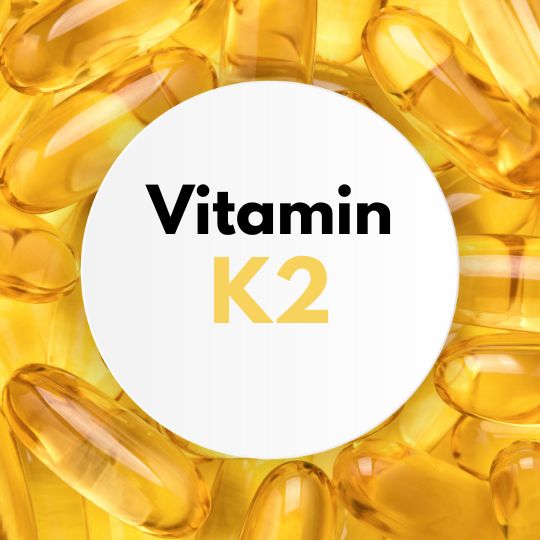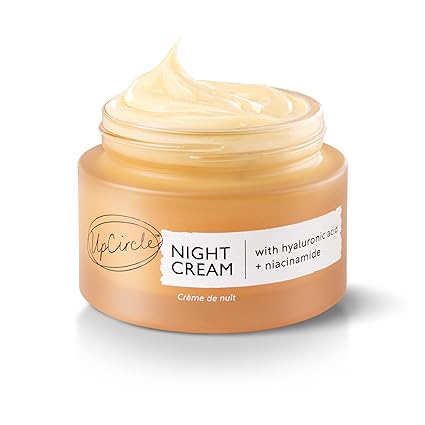Table of Contents
ToggleThe Magic of Olive Oil in Hair Care
Olive oil can provide moisture and improve the texture of hair temporarily, making it feel softer and smoother. There’s a lack of robust scientific studies proving that olive oil promotes significant hair growth or repairs damaged hair in a therapeutic sense. Some people may experience positive results, while others may find it weighs their hair down or causes greasiness. Let’s drive it how is beneficial for every mode of hair.
Olive Oil Benefits of Hair Growth
Oleic acid: A hormone called DHT (dihydrotestosterone) is the offender in many cases of hair loss. Sometimes causes the hair follicle shaft to narrow. It prevents this from happening, which means you can hold onto your hair for longer. Olive oil contains a high concentration of oleic acid, a monounsaturated fat that may inhibit the enzyme 5-alpha reductase. This enzyme is responsible for converting testosterone into DHT, the hormone linked to hair follicle shrinkage.
Antioxidants: It rich in antioxidants such as vitamin E and polyphenols, which help to protect the scalp and hair follicles from oxidative stress, a factor that can contribute to hair loss and follicle damage.
Squalene: This is a natural emollient found in it that helps moisturize and protect the scalp, potentially supporting a healthier environment for hair growth.
Anti-inflammatory Properties: It contains compounds like oleocanthal, which has anti-inflammatory effects. Inflammation of the scalp can sometimes contribute to hair thinning, so the anti-inflammatory nature of it can help in maintaining a healthy scalp.
Types of Hair That Benefit from Olive Oil
Dry Hair
It is highly moisturizing and can penetrate the hair shaft, making it ideal for dry hair. It locks in moisture, reduces dryness, and helps prevent further dehydration. Use it as a deep conditioning treatment or apply a small amount as a leave-in conditioner.
Curly or Coarse Hair
Curly and coarse hair tends to be drier because the natural oils from the scalp have a harder time traveling down the hair shaft. It helps to soften curls, reduce frizz, and add shine. Use as a pre-shampoo treatment or apply a light mist of olive oil spray to tame frizz and enhance curl definition.
Damaged Hair (Heat or Chemical Damage)
It rich in antioxidants and essential fatty acids, which help repair hair that has been damaged by heat-styling tools, hair dyes, or chemical treatments (like perms or relaxers). It strengthens the hair and prevents breakage. Apply it as a deep conditioning mask or leave it in for 30 minutes before washing it out to repair damaged strands.
Thick Hair
Thick hair can sometimes be unruly and difficult to manage. It helps to make it more manageable by adding softness and weight, reducing the tendency for thick hair to become frizzy or tangled. Apply olive oil to the ends of your hair to prevent tangles and split ends, or use it as a detangler after washing.
Frizzy Hair
Frizzy hair often lacks moisture, causing it to become unruly and hard to manage. It coats the hair strands, sealing in moisture and smoothing down the hair cuticle to reduce frizz. Use a small amount of olive oil as a leave-in conditioner or a finishing product after styling to smooth frizz and add shine.
Processed Hair:
Processed hair is hair that uses chemical treatments such as coloring, bleaching, perming, straightening, relaxing, or any other method that changes the hair’s natural structure. These processes can make hair more fragile and prone to dryness, breakage, and damage because they strip away the natural oils.
When weakens the hair’s cuticle layer. The oils fatty acids and antioxidants produce deeply moisturized processed hair. It helps repair damage by nourishing the hair shaft.
It can restore the natural shine that processed hair may lose due to chemical treatments. It also creates a protective layer on the hair to prevent further damage.
For processed hair, mix it with your favorite conditioner. Apply it to damp hair, cover it with a shower cap, and let it sit for about 30 minutes before rinsing.
Color-Treated Hair
It does not strip or fade hair color. However, if you use a light-colored dye (like blonde or pastel shades), olive oil could slightly alter the tone of your hair after prolonged use. The reason is it can leave a light film on the hair, which might give blonde or light-colored hair a subtle yellowish or green tint if not rinsed out completely.
Natural Hair (Afro-textured, Kinky, Coily Hair)
Afro-textured and coily hair tends to be the driest because the tightly coiled structure makes it harder for natural scalp oils to spread throughout the hair. Olive oil adds much-needed moisture, reduces breakage, and promotes softness and manageability. Use olive oil as part of your LOC (liquid, oil, cream) method or as a sealant after applying a water-based moisturizer.
Split Ends and Brittle Hair
Apply a small amount of it to the ends of your hair to smooth split ends and prevent further damage. Use it as a leave-in treatment for extra shine.
Olive oil spray can be used it help keep hair moisturized, and saved from damage. Whether you use it as a pre-shampoo treatment, leave-in conditioner, or for frizz control, olive oil spray is easy to apply. Just be sure to apply it lightly to avoid weighing your hair down.
How Olive Oil Moisturizes
It is rich in antioxidants, vitamins (especially E and K), and healthy fatty acids. These components help nourish and strengthen hair while promoting overall scalp health.
Olive Oil for Lice
Olive oil can help smother lice. Apply generously to the scalp and hair, leave it on for at least 30 minutes, then comb through with a fine-tooth comb to remove lice and nits.
Hot Oil Treatment
For a deep conditioning treatment, warm some olive oil and apply it to your hair. Cover with a warm towel for 30-60 minutes before washing it out. This helps repair and hydrate damaged hair.
A Holy Oil in Judaism, Christianity, and Islam
It is considered a Holy Oil in Judaism, Christianity, and Islam. There are numerous references in religious texts for its health benefits.
How to Use Olive Oil for Hair Growth
Apply warm oil to your scalp and massage it for about 10-15 minutes. Leave it on for at least 30 minutes or overnight before washing it out with shampoo.
Differences between extra virgin olive oil and olive oil
Extra virgin olive oil is Pure, cold-pressed oil with no chemicals or refining. It retains more nutrients, antioxidants, and beneficial properties, making it ideal for hair nourishment. It Provides deep moisture, enhances shine, protects against damage, and can help with scalp health. Its rich antioxidants make it a superior choice for promoting overall hair health.
Often a blend of refined olive oil and virgin olive oil may have undergone chemical processing. It generally lacks the same level of nutrients and benefits as extra virgin. While still moisturizing, it may not offer the same level of nourishment and benefits as extra virgin due to its refined nature.
Research supports extra virgin olive oil and olive oil’s benefits for hair health, highlighting its ability to improve moisture retention and reduce hair breakage. Extra virgin olive oil and olive oil are in many DIY hair care remedies. It can be mixed with essential oils, honey, egg, or avocado for added nourishment.
Using Olive Oil on Freshly Washed Hair
The logic behind using olive oil on freshly washed hair is that the scalp is clean and “open” after washing. The hair cuticles (the outer protective layer) tend to lift slightly when you wash with warm water. The pores on your scalp may be cleaner and more receptive to treatments like oils. This allows oils and conditioners to penetrate deeper into the hair shaft, making treatments more effective. If your scalp is not oily and your hair is freshly washed, you can apply oil overnight.
Olive Oil on Hair: Controversies
Moisture vs. Breathability: Olive oil can indeed make hair feel softer and shinier. However, leaving it on all day and night may not be ideal for everyone. Some believe that heavy oils can weigh hair down or prevent the scalp from “breathing,” though the hair itself doesn’t breathe. The scalp can get oily, potentially leading to clogged pores for some individuals.
If you choose to leave it on your hair for extended periods, it’s usually best to do so occasionally rather than daily. Consider using it as a treatment for a few hours or overnight once a week, rather than all the time.
If you have an oily scalp or conditions like dandruff, using olive oil too frequently might exacerbate these issues. It can help with moisture and shine, it’s important to balance it with other hair care practices.
Who Should Not Use Olive Oil?
If you have oily hair or scalp conditions like seborrheic dermatitis, you may want to avoid It, as it could exacerbate the issue.
Conclusion
Olive oil in your hair care routine can elevate your hair game. With its myriad benefits, from protecting against hair loss to enhancing shine. It is indeed a unique elixir for luscious locks. So why not give your hair the nourishment it craves with this timeless beauty secret?

